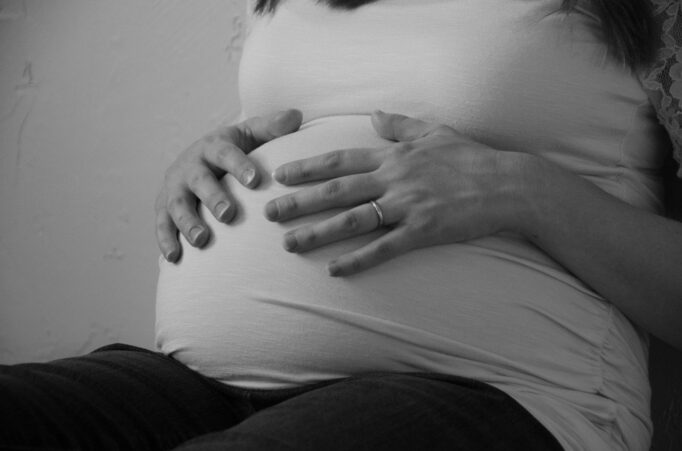Officials from three Government Departments have expressed great doubt about the possibility of legislating for the recognition of international commercial surrogacy contracts in Ireland. Besides practical difficulties, it would create a double standard if commercial surrogacy, which is banned here in Ireland, is tolerated when it happens abroad.
The Joint Oireachtas Committee on international commercial surrogacy, which had its first hearing last week, is addressing two main issues: the retrospective recognition of parentage for children who have already been born abroad from a surrogate mother, and the legal status of future arrangements.
The Committee wondered whether something should be added to the Assisted Human Reproduction (AHR) Bill that is currently under scrutiny in the Oireachtas, or if a separate piece of legislation is needed instead. Bar Senator Sharon Keogan, no-one on the Committee appears to be against commercial surrogacy in principle despite that the fact in Europe only Ukraine, Belarus and Russia permit it. Other countries regard it as womb-renting.
Officials from the three Departments (Justice, Health and Children) which appeared before the Committee reminded members of these facts. They said that no other country regulates surrogacy abroad as the State has no control and cannot legislate on what happens outside its jurisdiction.
A representative from the Department of Children also told the politicians that he was “not aware of any EU Member State which has legislated specifically for their own citizens engaging in surrogacy in another jurisdiction. Rather, the norm appears to be that existing family law is utilised and adapted to deal with specific cases.”
This is also what currently happens in Ireland, but the Committee wants to create an easy pathway for surrogacy abroad.
The same representative warned that “international commercial surrogacy does raise concerns about the commodification of children, exploitation of women in poorer countries, the risk of child trafficking and the child’s right to know their identity.”
The Department of Health representatives said that they are “primarily concerned to ensure that any proposals that may emerge do not undermine the principles of the policy in respect of domestic surrogacy as reflected in the Assisted Human Reproduction Bill, or create a conflicting policy landscape”, whereby we ban commercial surrogacy here, but recognise it overseas.
The same safeguards to prevent the exploitation of women and children, and even of the commissioning couples, should be in place abroad as domestically but this is almost impossible to achieve. "How do you get assurance that standards are being applied?", asked Andrew Munro from the Department of Justice.
Some members of the Committee suggested a solution along the lines of international adoptions, where Irish couples can adopt children only from countries that guarantee good practice. But, unlike with adoption, there is no international convention on surrogacy, there is no international framework to rely on.
Speaking about surrogacy, Andrew Munro from the Department of Justice told the Committee: “We have seen some very difficult examples in the past where … a lot of people got exploited by bad actors, where the egg that was purportedly supplied by a purported donor was not the egg. The child given to the intending parents had no genetic link”.
He added there had been cases where the surrogate mother was “spirited away over a border immediately after birth,” or a birth certificate provided by local authorities falsely "named the intending father as father despite the child having none of his genetic material”.
Conor O’Mahony, Special Rapporteur on Child Protection, also spoke to the Committee, but he came down more on the side of facilitating commercial surrogacy. He criticised the Government for ignoring his report on children’s rights in the context of surrogacy. If enacted without considerable amendments, he claimed, the Bill will be against the best interest of children in many ways.
Unlike the officials from the various Government Departments, Professor O’Mahony believes that international surrogacy can be regulated in the AHR Bill. He proposes that intending parents should “apply to the High Court for parentage and parental responsibility, as well as a grant of nationality and citizenship to the child, subject to satisfying a range of prescribed criteria.” He didn't clarified if the prescribed criteria should be the same as for domestic surrogacy.
This is probably what the Committee will recommend but it will create tension with the Government as it will delay the Assisted Human Reproduction Bill and its implementation, aside from the many inherent and unavoidable ethical problems created by commercial surrogacy.

Nessun commento:
Posta un commento